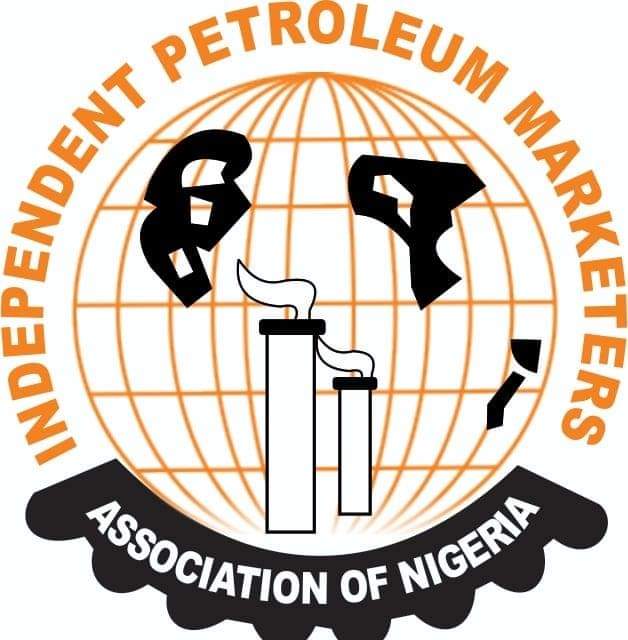The Nigerian downstream oil sector is on the cusp of a major transformation with the commissioning of the Dangote Refinery, a $20 billion behemoth poised to revolutionize domestic fuel production. This monumental shift, however, has sparked internal discord within the Independent Petroleum Marketers Association of Nigeria (IPMAN), specifically regarding the refinery’s distribution strategy. The Western Zone of IPMAN initiated a strike action in protest against Dangote Industries Limited’s decision to utilize its own fleet of trucks for fuel distribution, a move they perceived as a threat to the livelihood of petroleum tanker drivers and contrary to the spirit of the Petroleum Industry Act (PIA). This action was swiftly countered by the national leadership of IPMAN, who publicly distanced themselves from the strike and affirmed their unwavering support for Dangote Refinery.
The heart of the contention lies in the interpretation and implementation of the PIA. The Western Zone argued that Dangote’s vertical integration, encompassing refining, distribution, and potentially retail, undermines the role of independent transporters and contradicts the PIA’s intent. Conversely, the national body of IPMAN, represented by National Ex-Officio Douglas Iyike, asserted that Dangote’s actions are fully compliant with the PIA, which explicitly permits private entities to engage in all aspects of the petroleum value chain. Iyike emphasized that this model would, in fact, alleviate the financial strain on marketers by eliminating the myriad levies imposed by petroleum tanker drivers, a burden that has historically hampered their profitability.
The national leadership’s endorsement of Dangote’s distribution strategy highlights a broader shift in the downstream sector dynamics. They view the refinery’s direct-to-market approach as a catalyst for positive change, anticipating a reduction in distribution costs, lower pump prices for consumers, and a significant decrease in supply disruptions often caused by union actions. By streamlining the supply chain and cutting out intermediaries, Dangote Refinery has the potential to create a more efficient and stable fuel market, benefiting both marketers and the general public. This direct engagement also offers marketers the opportunity to procure products on credit, enhancing their financial flexibility and fostering business growth.
The contrasting perspectives within IPMAN underscore the complexities of navigating a rapidly evolving industry landscape. While the Western Zone’s concerns about the potential displacement of tanker drivers warrant consideration, the national leadership’s focus on the long-term benefits of a streamlined, vertically integrated system reflects a pragmatic approach to maximizing efficiency and profitability. The national body argues that the refinery’s operations will ultimately benefit the entire downstream ecosystem, including independent marketers, by ensuring a consistent and affordable supply of fuel. They believe this model will empower marketers to compete more effectively and offer better value to consumers.
The Dangote Refinery’s entry into the market signifies a paradigm shift, challenging traditional distribution models and prompting a reassessment of roles within the downstream sector. The refinery’s substantial capacity and direct-to-market approach promise to reshape the fuel landscape, potentially ending Nigeria’s reliance on imported petroleum products and ushering in an era of self-sufficiency. This transition, while disruptive, is viewed by the national IPMAN leadership as a necessary and ultimately beneficial evolution, paving the way for a more robust and competitive downstream sector.
The dispute within IPMAN also highlights the ongoing debate surrounding the implementation of the PIA. While the Act aims to liberalize the downstream sector and encourage private investment, it also necessitates a careful balancing act to ensure a just transition for all stakeholders. The national leadership’s stance reflects a belief that the PIA provides the necessary framework for accommodating new market entrants like Dangote while simultaneously fostering a competitive environment for independent marketers. Their support for the refinery underscores a commitment to embracing innovation and adapting to the changing dynamics of the industry, ultimately prioritizing the long-term stability and growth of the Nigerian downstream sector.














